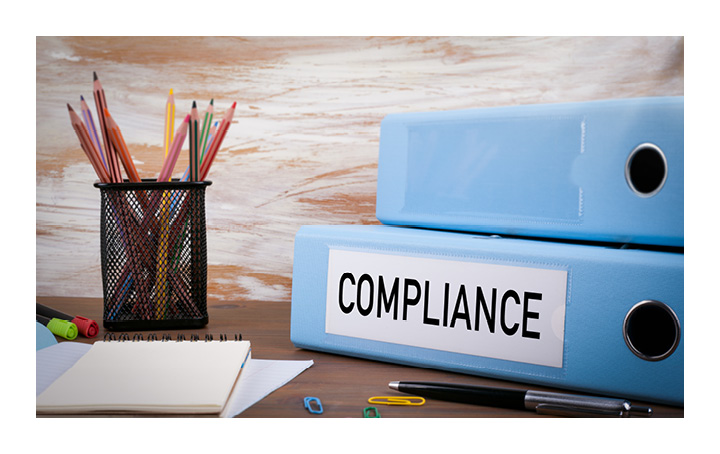[column width=”1/1″ last=”true” title=”” title_type=”single” animation=”none” implicit=”true”]
The small business capital gains tax (CGT) concessions can save businesses some serious tax – and help business owners significantly boost their superannuation – but it’s essential that you keep the right records, particularly for when the time comes to sell. Find out what your business should be doing now to keep the ATO at bay in the future.
Your tax adviser can help you consider whether your business will qualify for this small business relief. If so, you could potentially access one or more of the following concessions:
Where the asset is owned for at least 15 years and sold in connection with your retirement: you can potentially disregard the entire capital gain. You can also contribute proceeds of up to $1,515,000 into superannuation under your lifetime “CGT cap”.
Alternatively, you can disregard up to $500,000 of the capital gain provided you make a superannuation contribution equal to that amount if you’re aged under 55.
You may also have the choice to apply a 50% reduction to your capital gain (on top of the regular discount for assets held for at least 12 months), and/or defer the gain until later.
However, business owners taking advantage of these generous concessions should understand they may receive a “please explain” follow-up from the ATO. It’s therefore essential to record all relevant information about your business assets so that you can later substantiate your CGT claim. This includes purchase information (date of purchase, the price you paid, any stamp duty and legal fees you paid) and ongoing costs (repairs, insurance, installation costs and improvement costs).
Usually, you need to keep all records until at least five years after the CGT event (generally, when you sell), so for an asset you purchased in 2002 and sold in 2019, you’d need to keep all the purchase records until 2024! Alternatively, keeping a CGT “asset register” can make record-keeping simpler. This is a register where you keep relevant information for all your CGT assets, and a major advantage is that once an entry is certified by a tax agent, you only need to keep the original records for five years from that date.
Want to simplify your record-keeping or need help reconstructing records that aren’t up-to-date? Don’t jeopardise your future tax planning – talk to us today for expert assistance in ensuring your business will be ready to take advantage of the CGT concessions.
[/column]

